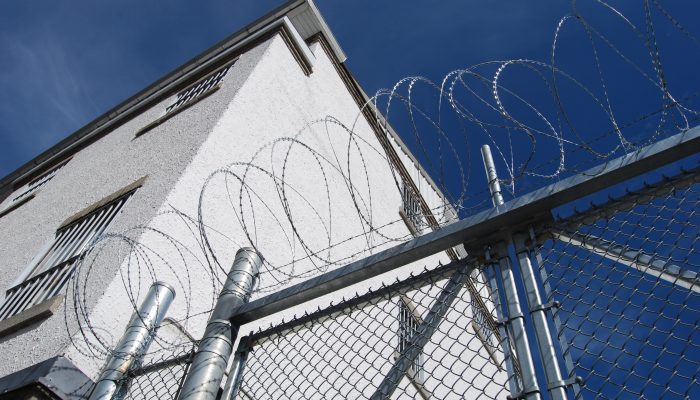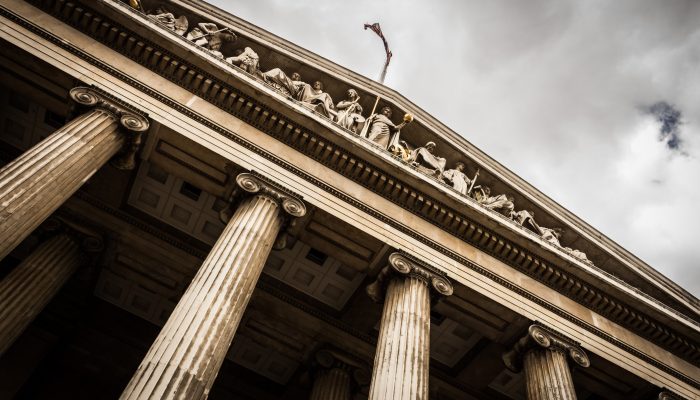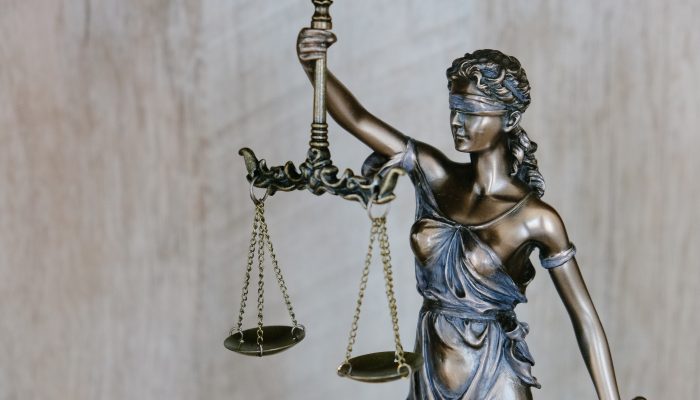Some of the new criminal laws that took effect July 1 greatly increase penalties for offenders who harm some of the most vulnerable Iowans — pregnant women and children.
The laws either change the offense from an aggravated misdemeanor to a felony, or bump up the charge to a more severe felony level — meaning more prison time.
Lawmakers passed HF 570, which adds a new subsection in 708. 2 that specifically focuses on domestic abuse assault against a pregnant woman when the assault includes the use or display of a dangerous weapon. That crime is now a Class D felony, which carries a five-year sentence. Previously, it was an aggravated misdemeanor for domestic abuse assault.
Continue reading “Penalties increase for crimes that harm the most vulnerable Iowans”










